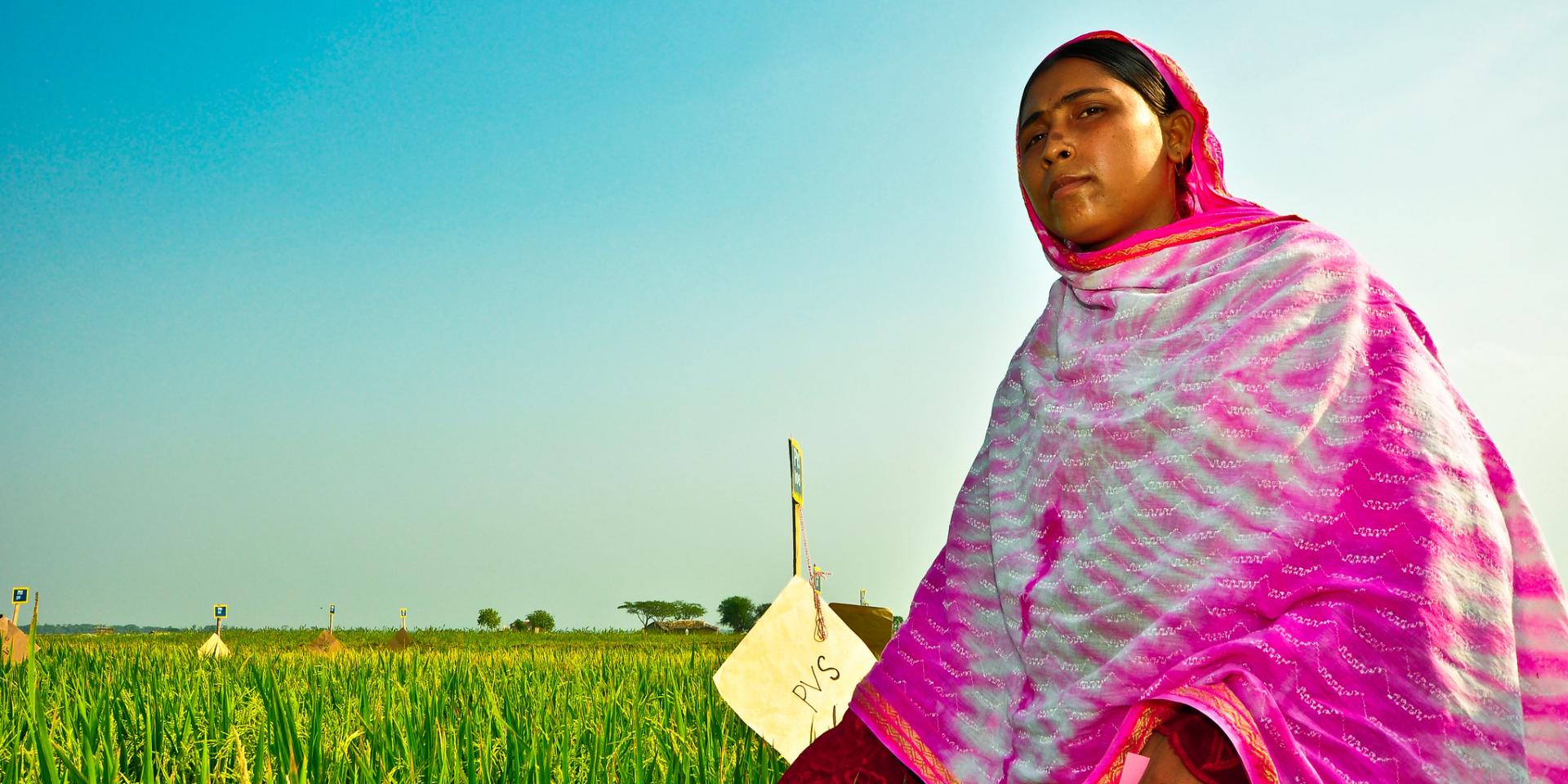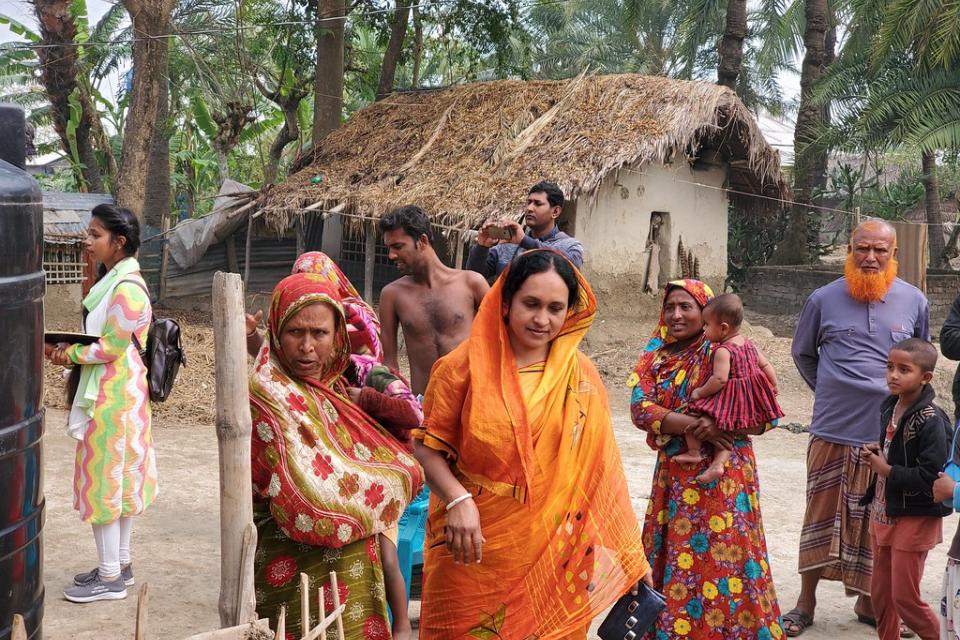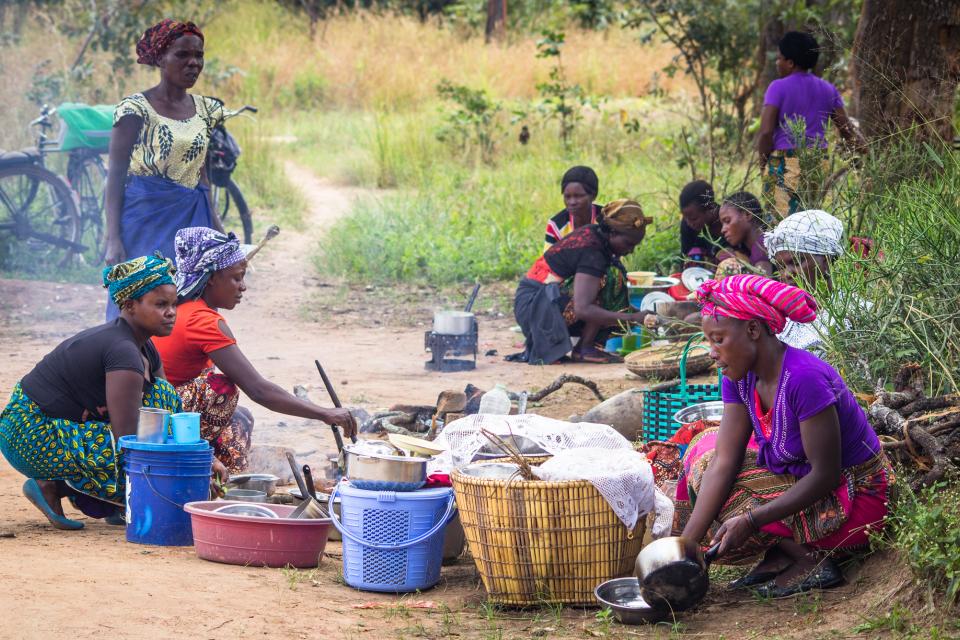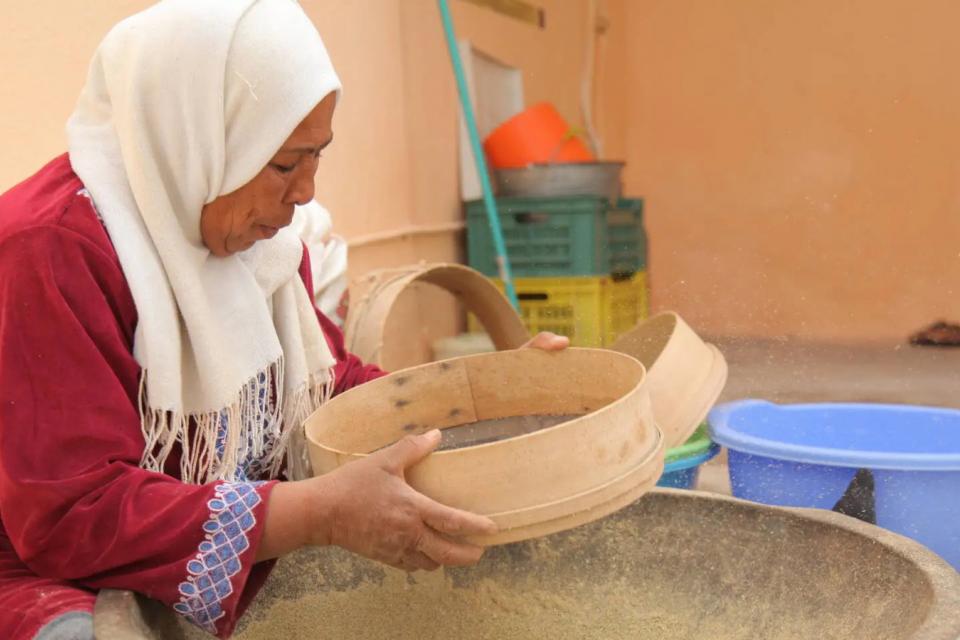CGIAR GENDER Impact Platform, IRRI, and Mahila Housing Trust join hands to equip women farmers with awareness and knowledge to combat Heat Stress
 Photo: IRRI
Photo: IRRI
Climate change poses a significant threat to global agriculture, particularly for vulnerable rural communities. Women farmers, along with smallholder farmers, are struggling to adapt to rising temperatures – enhanced due to limited resources and poor access to healthcare.
In response to this critical issue, the CGIAR GENDER Impact Platform’s Evidence Module, led by the International Rice Research Institute (IRRI) and Awaas Sewa Pvt Ltd (ASPL) established by Mahila Housing Trust (MHT) are collaborating to equip women farmers with essential knowledge and information to enable them to deal with climate change, in general and heat stress, in particular. 35 women farmers from Pratappur and Ataripalli villages of Ganjam district have participated in a series of three training sessions, the last held during 30th Sept and 1 Oct.
During the first two training sessions, women farmers reflected on the specific impacts of climate change and heat stress on their agricultural and domestic responsibilities. They reported experiencing headaches, dizziness, and exhaustion due to prolonged exposure to heat, emphasizing the need for better strategies to mitigate heat-related illnesses. They also recognized increased physical strain and reduced productivity due to extreme heat. They identified critical stages in rice cultivation where heat stress is most pronounced, to be able to develop practical solutions.


